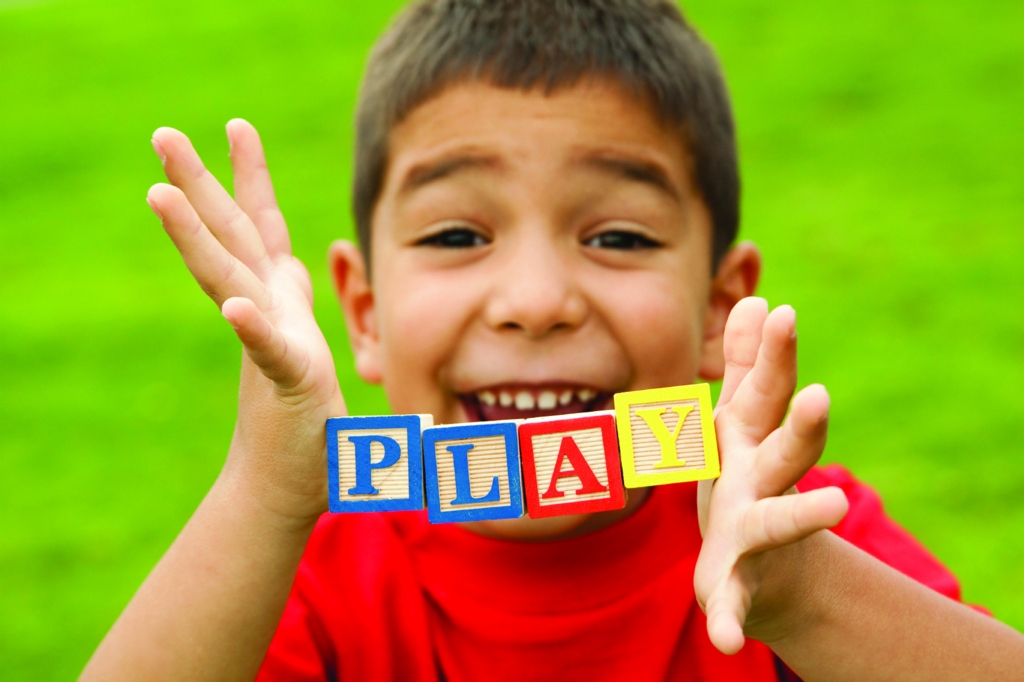Did You Play Today?
I recently attended an educational conference where the keynote speaker, a preschool director in New Jersey, mentioned that some parents of children in her preschool program asked her to remove the word “play” from the curriculum in order to focus on learning!


As a pediatric occupational therapist this resounded quite strongly with me. Play is the work of a child. Through play children develop physical coordination, emotional maturity and social skills to interact with other children. They develop self-confidence to try new experiences and explore new environments. According to the American Occupational Therapy Association, the act of playing is an important tool that influences a child’s life. A primary goal of childhood is to learn to make sense of the world and free play is one of the ways that children do that.
Free play is unstructured, imaginative playtime. Although playtime can be built into a child’s busy schedule, the play activities should not be organized by an adult. Instead let the children figure out how they want to play. Spontaneous play is a great way to let kids try out their own ideas. This opens up new possibilities as they get to express their own unique style. When playing, children learn vocabulary, language, mathematics, science, etc. Some studies have shown that when children are only taught competitive activities, they may not develop a sense of interpersonal connectedness, which is an important part of social structure.
What do children learn by playing?
· Novel motor experiences help to develop strength and coordination.
· Children learn cooperative behaviors such as sharing.
· Children learn how to compromise, and how to resolve conflicts.
· Children learn how to form friendships, and about accepting others.
· Children develop their imagination and creativity, and they laugh!
· Children develop self-confidence by succeeding at things that are of their own choosing. This motivates children to try new things.
· Children practice real life experiences through role-playing.
What can parents and families do to encourage free play?
· Let your kids explore! During exploratory play children use all their senses to engage with the world around them. Always remember when choosing a toy or an activity to consider how much adult supervision is necessary. Safety first!
· Encourage manipulative play such as stacking boxes, placing coins in a piggy bank, playing card games, puzzles, pegboards, beads, or lacing cards. These activities will help develop fine motor skills and eye hand coordination.
· Encourage imaginative or symbolic play using dolls, stuffed animals, toy furniture, etc. Pretend play encourages role-playing and helps develop good social skills.
· Encourage children to play with common household objects and things found in nature. It’s amazing how resourceful children can be even without their electronic toys.
As a pediatric occupational therapist I get to “play” everyday. While there is so much we can teach children, it is remarkable how much I learn everyday from watching children play.
Sharyn J. Rudofsky, OTR/L, is a nationally board certified occupational therapist, co-founder and co-owner of Occupational Therapy Associates of Princeton (OTAP). She holds a Sensory Integration Certification. For more information about OTAP please visit www.otap.net or call (609) 921-1555.







